After receiving comments from the business community and associations on the draft Law on Tax Administration (amended), the Vietnam Federation of Commerce and Industry (VCCI) has compiled a number of comments and sent them to the Ministry of Finance .
Notably, the draft adds a provision to postpone the exit of individuals who are beneficial owners of enterprises when the enterprises have not fulfilled their tax obligations. However, VCCI has proposed that the drafting agency remove this provision.
According to the Enterprise Law, an individual who owns only 25% of the capital is a beneficial owner of the enterprise, regardless of whether he or she has the right to manage it or not. The beneficial owner is only responsible within the scope of the capital contribution or shares held, and is not unlimitedly responsible for the tax obligations of the enterprise. In many cases, the beneficial owner does not directly manage or make decisions on the operation of the enterprise.
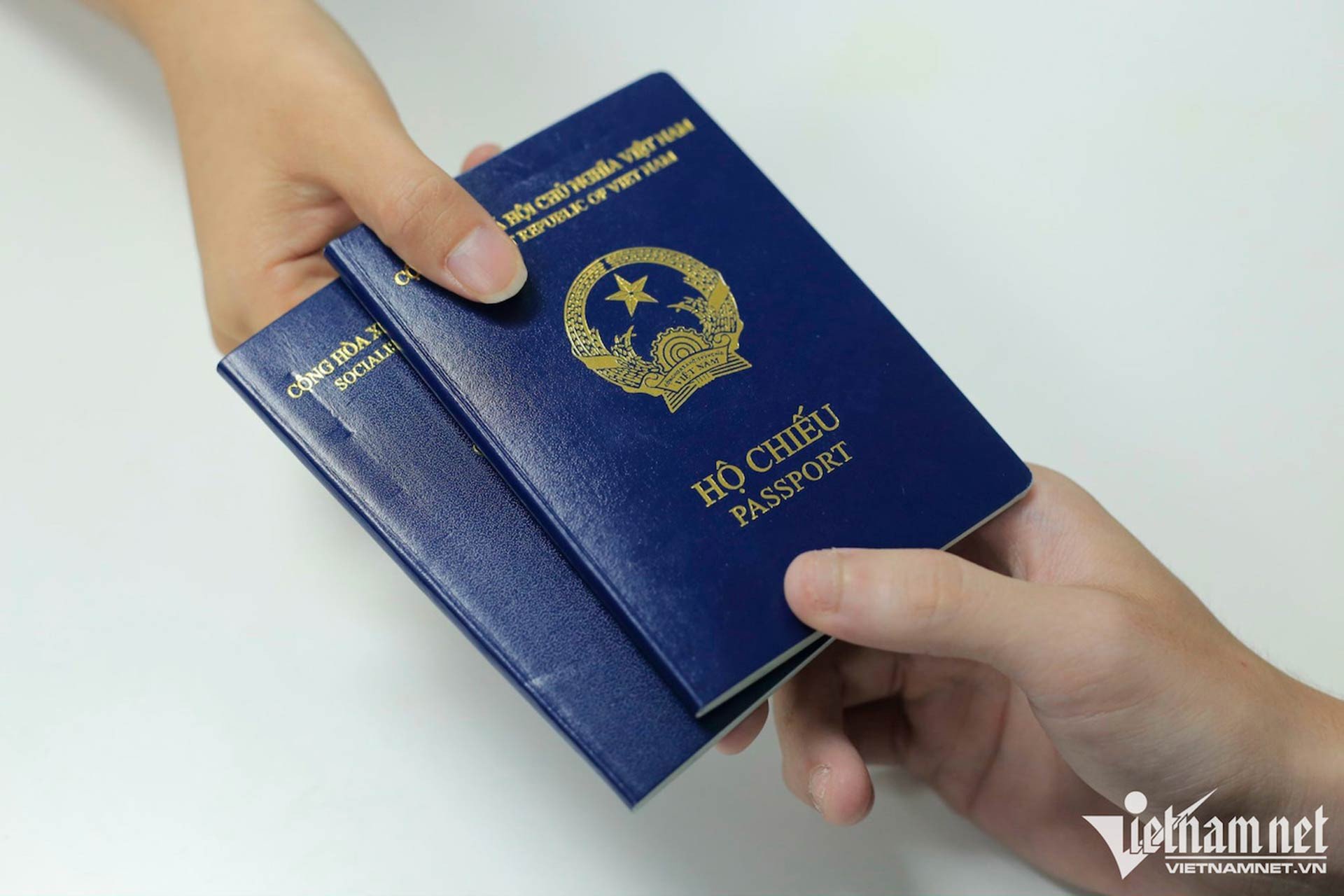
The purpose of the temporary suspension of exit is to put pressure on those who directly own and operate businesses to collect taxes.
Meanwhile, the temporary suspension of exit for beneficial owners is too broad, affecting the freedom of movement of these entities, especially those who do not directly manage the business.
This regulation also potentially reduces the attractiveness of the investment environment, especially for foreign investors, as they may be restricted from leaving the country simply because the contributing enterprise has not paid taxes.
According to VCCI, currently, the tax industry has many tax enforcement measures such as withdrawing money from bank accounts, not allowing the use of invoices, seizing and auctioning assets... The measure of temporarily suspending exit should only be applied specifically and to the right subjects.
In addition, the responsibility to deduct personal income tax of the income-paying organization is currently regulated in the Law on Personal Income Tax.
However, the draft Law on Personal Income Tax being amended does not seem to have this provision. The draft Law on Tax Administration does not have it either. This leads to the risk of creating a legal gap.
Therefore, VCCI recommends that the drafting agency consider and work with the Department of Tax, Fee and Charge Management and Supervision to unify the arrangement of appropriate content in the drafts, ensuring there are no legal gaps.
In addition, regarding the issue of tax obligations after dissolution, the draft stipulates that the deadline for submitting tax declarations in cases of dissolution and bankruptcy is 45 days from the date of the event.
In fact, businesses will submit tax settlement reports during the above period. However, after the date of dissolution or bankruptcy, businesses must still maintain a minimum operating status to fulfill their obligations to the business registration agency and tax authorities. This will incur additional costs, including invoices and input taxes.
“Current laws do not have a legal mechanism to deal with this situation. We suggest that the drafting agency add regulations to handle this situation,” VCCI commented.

Source: https://vietnamnet.vn/kien-nghi-bo-hoan-xuat-canh-voi-chu-so-huu-huong-loi-khi-doanh-nghiep-no-thue-2446447.html


![[Photo] Hanoi morning of October 1: Prolonged flooding, people wade to work](https://vphoto.vietnam.vn/thumb/1200x675/vietnam/resource/IMAGE/2025/10/1/189be28938e3493fa26b2938efa2059e)

![[Photo] President of the Cuban National Assembly visits President Ho Chi Minh's Mausoleum](https://vphoto.vietnam.vn/thumb/1200x675/vietnam/resource/IMAGE/2025/10/1/39f1142310fc4dae9e3de4fcc9ac2ed0)
![[Photo] Keep your warehouse safe in all situations](https://vphoto.vietnam.vn/thumb/1200x675/vietnam/resource/IMAGE/2025/10/1/3eb4eceafe68497989865e7faa4e4d0e)


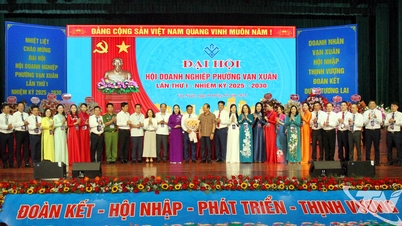







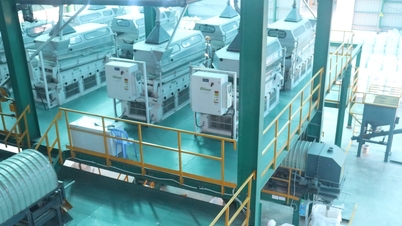



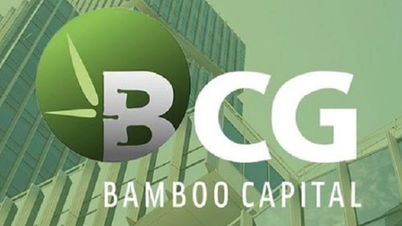

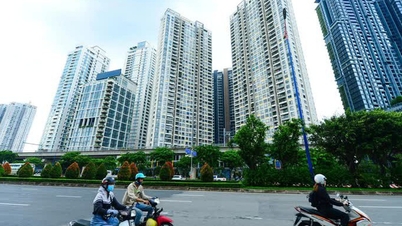


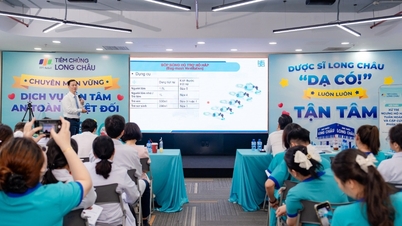

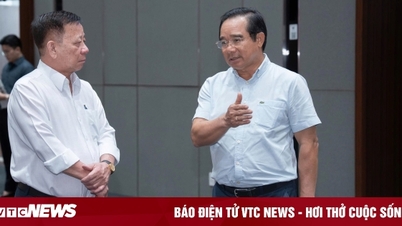

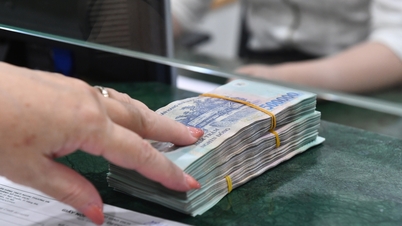






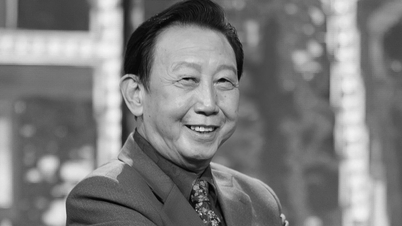









































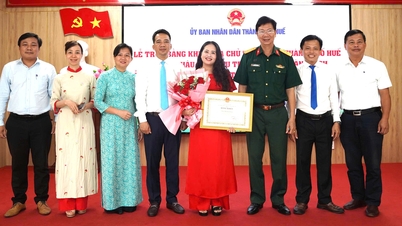


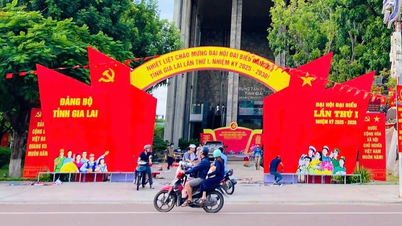




















Comment (0)